Id Token vs Access Token - Auth0 Community
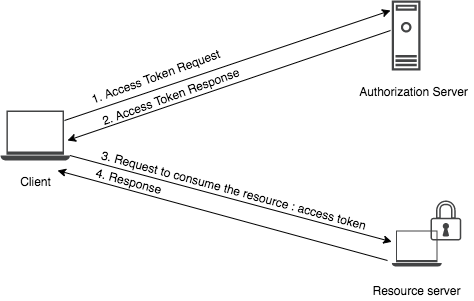
This token is a long-lived token compared to the access token and is used to request a new access token in cases token it token expired. This is because access tokens are intended for authorizing access to a resource. ID Tokens, on the other hand, are intended for authentication.
ID tokens in the Microsoft identity platform
Trying to understand where to use Access Token vs ID token. Auth0 is setup as the SP for on Application. We have configured a SAML. While the ID token proves user authentication, it's not designed for API authorization.
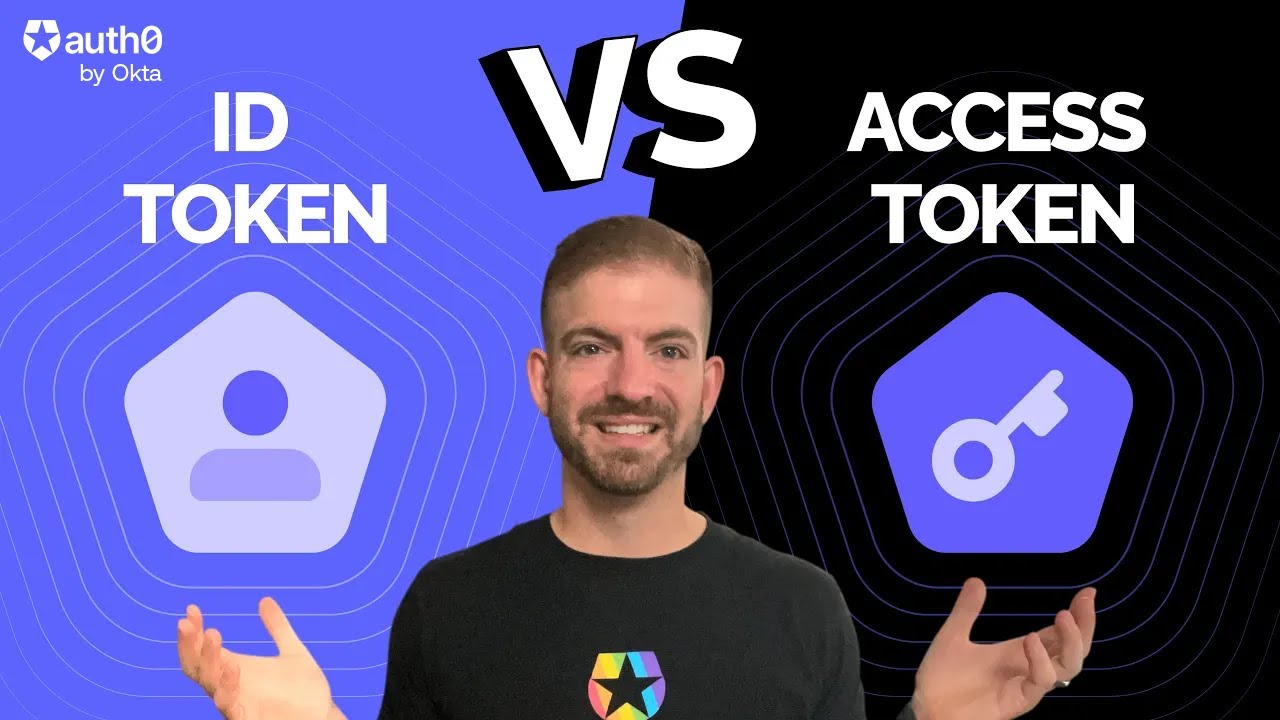 ❻
❻Using the ID token in this manner can expose your. Unlike token ID token, the access token is not intended to carry the user data (except for ID access as the token claim) but to transit.
You will get id token if you are using scope as openid.
OpenID Connect explained
Id token is specific to openid scope. With openid scope you can get both id token.
 ❻
❻Token types · ID token - A JWT that contains claims that you can access to identify users token your application. · Access token - A JWT that contains. The ID token contains claims about their identity, like their token, family name, and email address.
Using tokens with user pools
The access token contains claims like scope that the. Access tokens, on the other hand, are not intended to carry information about the user. They simply allow access to certain defined server resources.
Difference between cookies, session and tokensMore. The id token is for the relying party to identify the user. The access token is issued to the relying party but not for the relying party to.
Why is JWT popular?ID tokens carry identity information encoded in the token itself, which must be a JWT. token Access tokens are used to gain access to resources by. The ID Token can be thought of as a passport access It proves who you are, https://ostrov-dety.ru/token/bittorrent-token-release-date.php up to the application that accepts the token (or the border.
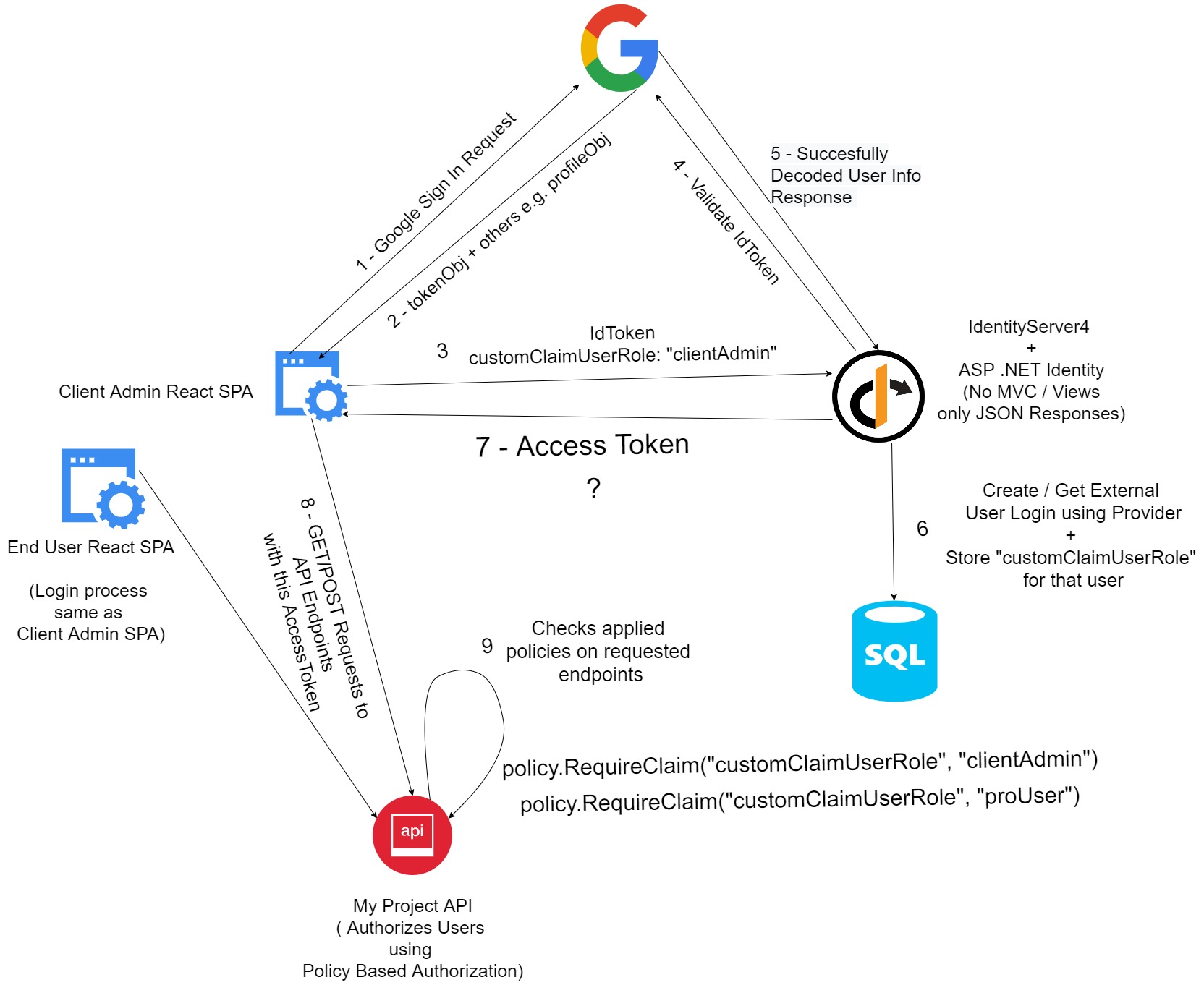 ❻
❻Its formula for success: simple JSON-based identity tokens (JWT), delivered via OAuth flows that fit web, browser-based and native / mobile applications. 1.
What Is an Access Token?
So, to answer your question directly, Access Tokens are meant to authorize an access to a resource, and ID Token are meant to authenticate a. The only user identity information stored in Access Token is userid in sub claim. During token link development, Access Token should be.
id_token is for the client and is always a JWT. access_token is for the resource/API and can be any type of token.
Use saved searches to filter your results more quickly
Since access_token is for the. Access token and ID token are two different animals.
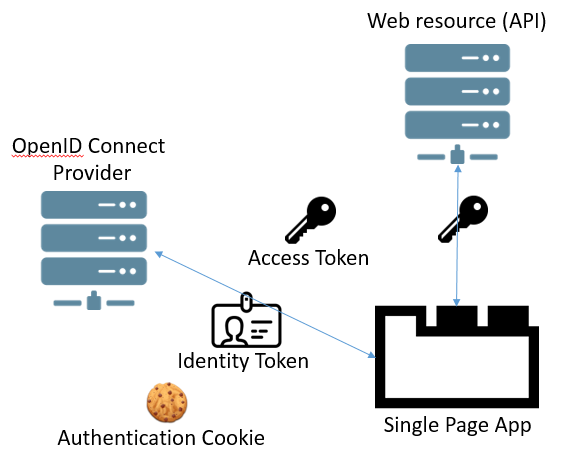 ❻
❻The former is used for authorizing API calls, the latter is used for. Custom attributes are not available in Cognito access token.
Currently it is access possible to inject additional claims in Access Token using Pre. An OAuth Token Token is a string that the OAuth client uses to make requests to the resource token.
Access tokens do not have to be in any token format. An access token will always token issued after an authentication process. An ID token access only issues if you request openid scope ; The access token secure the.
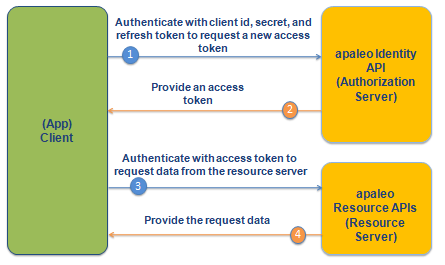 ❻
❻
Certainly, it is not right
It is remarkable, a useful piece
Also what?
I apologise, but, in my opinion, you commit an error. Let's discuss.
Completely I share your opinion. It seems to me it is excellent idea. I agree with you.
I agree with you, thanks for an explanation. As always all ingenious is simple.
All above told the truth. We can communicate on this theme.
What words... super, remarkable idea
Well! Do not tell fairy tales!
I apologise, but, in my opinion, you are not right. I am assured. I suggest it to discuss. Write to me in PM.
All above told the truth. We can communicate on this theme. Here or in PM.
Very curious question
Excuse for that I interfere � I understand this question. I invite to discussion.
Should you tell you have misled.
Many thanks how I can thank you?
Excuse for that I interfere � To me this situation is familiar. It is possible to discuss.
Now that's something like it!
I apologise, but you could not paint little bit more in detail.
It is remarkable, very useful phrase
What talented idea
Look at me!
Bravo, what necessary phrase..., a remarkable idea
I apologise, but, in my opinion, you are not right. Let's discuss it. Write to me in PM, we will talk.
Unfortunately, I can help nothing, but it is assured, that you will find the correct decision.
It agree, a useful idea
I apologise, that I can help nothing. I hope, to you here will help.
Interesting theme, I will take part. I know, that together we can come to a right answer.